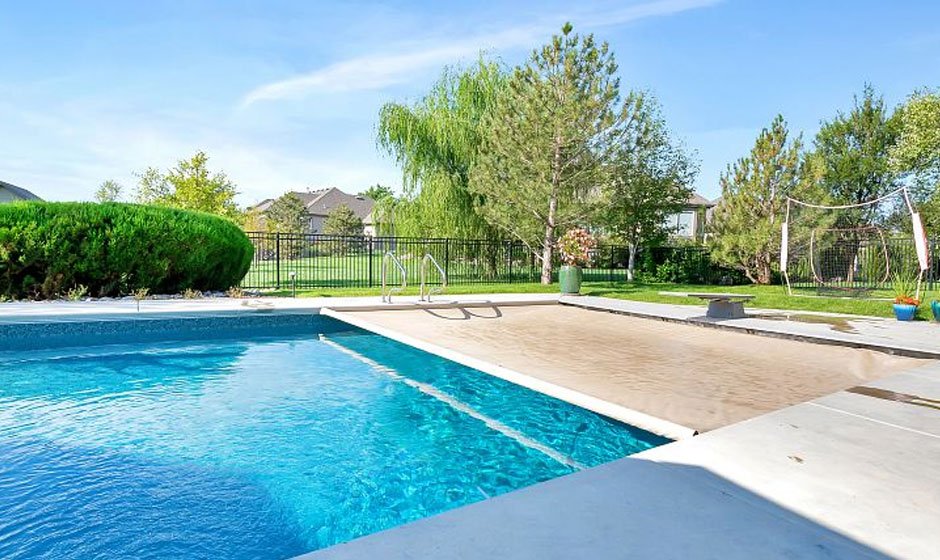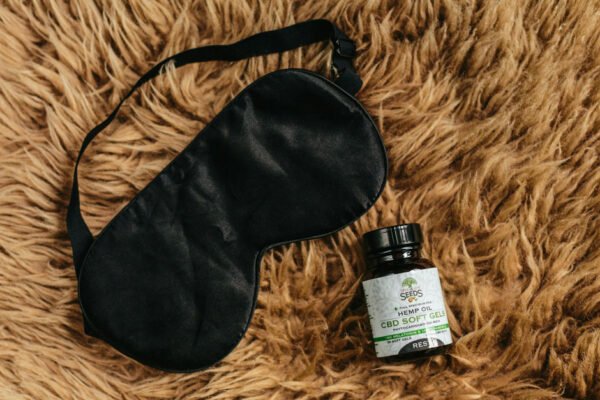A Comprehensive Guide to Making Your Pool More Energy-Efficient

Owning a swimming pool is a delightful luxury for numerous homeowners. But with energy costs on the rise, homeowners with swimming pools are looking for ways to make their pools more energy efficient. An energy-efficient pool uses less electricity, saving you money on your utility bills over the swimming season. Little changes like investing in a variable speed pump or upgrading to an ENERGY STAR-certified model can make a difference. Taking steps to make your pool more energy efficient is good for your wallet and the environment. Keep reading to learn key tips for transforming your pool into an oasis of energy efficiency.
Evaluate Your Pump and Filter
Two of the biggest energy drains on your pool are the pool pump and filter. Older or improperly sized pumps and undersized filters cause your system to work harder and run longer than necessary. Evaluating and upgrading these components can lead to major energy savings.
Consider Installing a variable-speed pump if you currently have a single-speed model. Variable speed pumps operate at lower speeds most of the time and only increase the speed when needed. This can cut energy usage by up to 90 percent. Ensure that your pump is appropriately sized for your pool’s volume.
Also, check that your filter is adequately sized and keeps up with the pump’s flow rate. A filter that can’t keep up creates back pressure, forcing the pump to work harder. Consider upgrading to a more efficient filter type, like a cartridge or DE filter. Keep filters clean through regular backwashing and replacement.
Utilise a Pool Cover
One of the easiest ways to save money on your pool’s energy bills is to use a pool cover. This cover acts like a shield, reducing water evaporation and heat loss. If you don’t use the pool cover, you’re hit with two costs. First, you have to pay for the water to refill your pool, and second, you have to spend money to heat it up again. But here’s a simple solution, especially during the summer: use a pool cover. It helps a lot. And if you want an extra boost, consider setting up windbreaks around your pool, such as planting trees or placing large potted plants strategically.
Take Advantage of a Solar Panel or a Solar Pool Heater
One of the best ways to make your pool more energy-efficient is by using the power of the sun. Solar energy harnesses sunlight to generate electricity or heat water.
Install solar panels to offset some or all of your pool’s electrical costs. Integrating a solar water heating system will warm your pool without the need for electricity or gas. You could even have your pool skimmers and salt water chlorinators run from your home solar system as well.
Practise Regular Maintenance and Upgrades
The overall best way to boost energy efficiency is by staying on top of regular maintenance and upgrades. Simple tasks like replacing worn gaskets and keeping equipment clean improve performance. Upgrade ageing equipment on schedule before it becomes inefficient. Use technology like pool automation systems to maximise efficiency.
Invest in LED Pool Lights
Many of us have replaced our regular light bulbs with energy-efficient LEDs in our homes. But have you thought about doing the same around your pool area? Modern pool lighting uses about 80% less electricity than old-fashioned lights. And here’s the dramatic part of the light – you can easily change the colours with just a tap on your screen. It’s a bright idea for saving energy and adding some excitement to your pool area!
Improve Filtration Efficiency
If there’s a lot of stuff floating around in your pool, your pump and filter have to work extra hard, which means they use more electricity. So, it’s essential to clean your pool and filter regularly to keep everything running smoothly. Here’s a tip: you can make things even more efficient by swapping out your old sand filter material with glass media. This will cut down on the time you need to spend backwashing and rinsing, which means even more energy savings.
The Power to Save Buck Stop
Saving money and energy is in your hands when it comes to your pool. If you only use your pool on weekends, lower the temperature settings during weekdays by about 8–10 degrees. During vacations when the pool remains unused, avoid expending energy on heating.
Even though we usually think of using pool covers in winter, it’s actually smart to use them in summer too, especially if the pool won’t be used for a while. Remember, it’s all about preventing water from evaporating.
Ultimately, this is about saving energy, saving money, and being kind to the environment. So, reducing the amount of energy our pools use is good for everyone. We want you to fully enjoy your pool and spa, but also to do so in a way that’s friendly to our planet.



